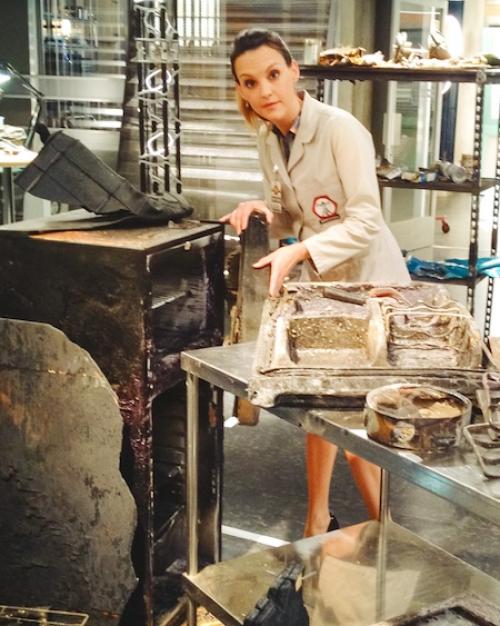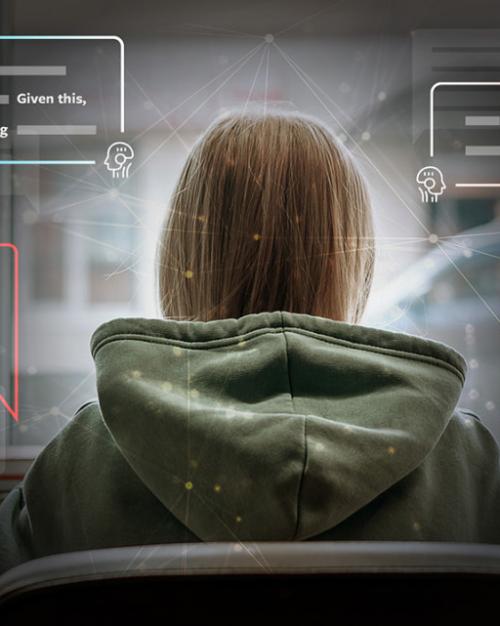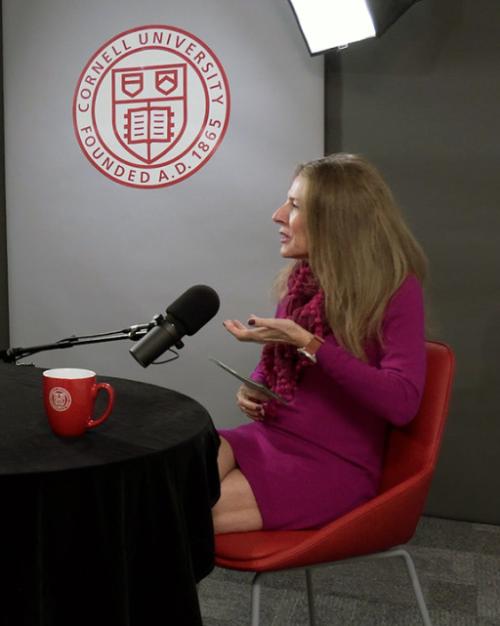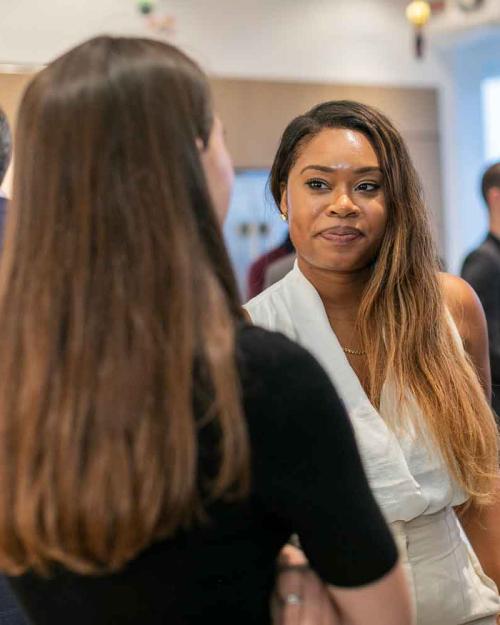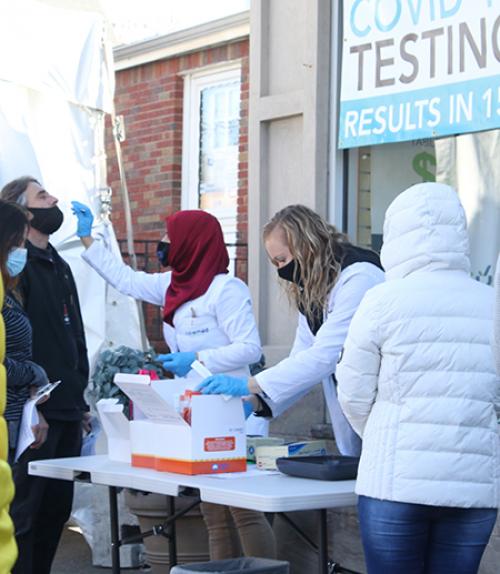A session on social sciences and modeling during the Cornell COVID-19 Summit was held virtually November 4–5, as reported on the Cornell Research website. Taking place on the second day of the summit, the session featured researchers from Cornell’s Ithaca campus—including Sarah Kreps, the John L. Wetherill Professor of government—and from Weill Cornell Medicine. The panelists explored questions including: How should models of pandemic illnesses be constructed? What are the racial disparities in clinical outcomes for patients with COVID-19? and How does misinformation degrade trust in public health guidance?
“The World Health Organization (WHO) labeled misinformation an infodemic,” said Kreps, asserting that COVID-19 misinformation has been a major issue during the pandemic, in the Cornell Research article. “This is important because the public has to have trust in public health authorities to take that guidance seriously.”
Read the article on the Cornell Research website.
